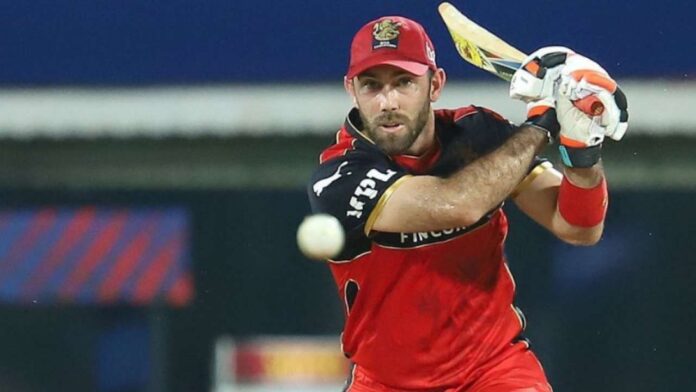Glenn Maxwell, the dynamic Australian all-rounder, has made headlines once again, but this time not for his explosive batting or electric fielding, but for a decision that reflects his commitment to self-care and mental well-being. In a surprising move, Maxwell requested to be dropped from his Indian Premier League (IPL) team, Royal Challengers Bangalore (RCB), citing the need for a mental refresh after a disheartening start to the season.
The announcement came after Maxwell’s underwhelming performance in the IPL, where he managed to score just 32 runs in six innings, including three ducks. These numbers, starkly contrasting with his stellar form leading up to the tournament, left Maxwell visibly frustrated and prompted him to take action.
Reflecting on his decision, Maxwell emphasized the importance of recognizing when to step back and prioritize one’s mental and physical health. He acknowledged the temptation to persist despite poor form but highlighted the potential risks of digging oneself deeper into a rut. By proactively opting for a break, Maxwell aims to rejuvenate himself mentally and ensure his readiness for the upcoming T20 World Cup, a pivotal event for Australian cricket.
Maxwell’s honesty about his struggles serves as a reminder of the mental toll professional sports can exact on athletes. Despite his undeniable talent and past successes, even players like Maxwell encounter periods of doubt and uncertainty. His willingness to openly address these challenges sets a positive example for athletes grappling with similar issues, encouraging them to prioritize self-care over relentless pursuit of performance.
While Maxwell’s decision may have raised eyebrows, it underscores the evolving conversation around mental health in sports. In recent years, there has been a growing recognition of the importance of mental well-being alongside physical fitness. Athletes like Maxwell play a crucial role in normalizing discussions around mental health, helping to destigmatize seeking support and taking breaks when needed.
Looking ahead, Maxwell remains optimistic about his ability to bounce back. He attributes his struggles in the IPL to a combination of factors, including poor decision-making and an element of misfortune. With a break from competition, he aims to recalibrate his mindset and return to the field with renewed focus and determination.
As Maxwell takes a step back from the IPL spotlight, his absence provides an opportunity for others to step up and showcase their talent. While his presence will undoubtedly be missed on the field, Maxwell’s decision to prioritize his well-being serves as a powerful reminder that success in sport is not solely measured by performance statistics but also by the resilience and self-awareness of its athletes.
In the broader context of professional sports, Glenn Maxwell’s decision to request a break from the IPL is a testament to the evolving attitudes towards mental health and well-being. It highlights the importance of self-care and the need for athletes to prioritize their mental and physical health, even in the face of intense competition. As Maxwell takes time to recharge and refocus, his journey serves as an inspiration for athletes everywhere, reminding them that seeking support is not a sign of weakness but rather a testament to strength and resilience.


